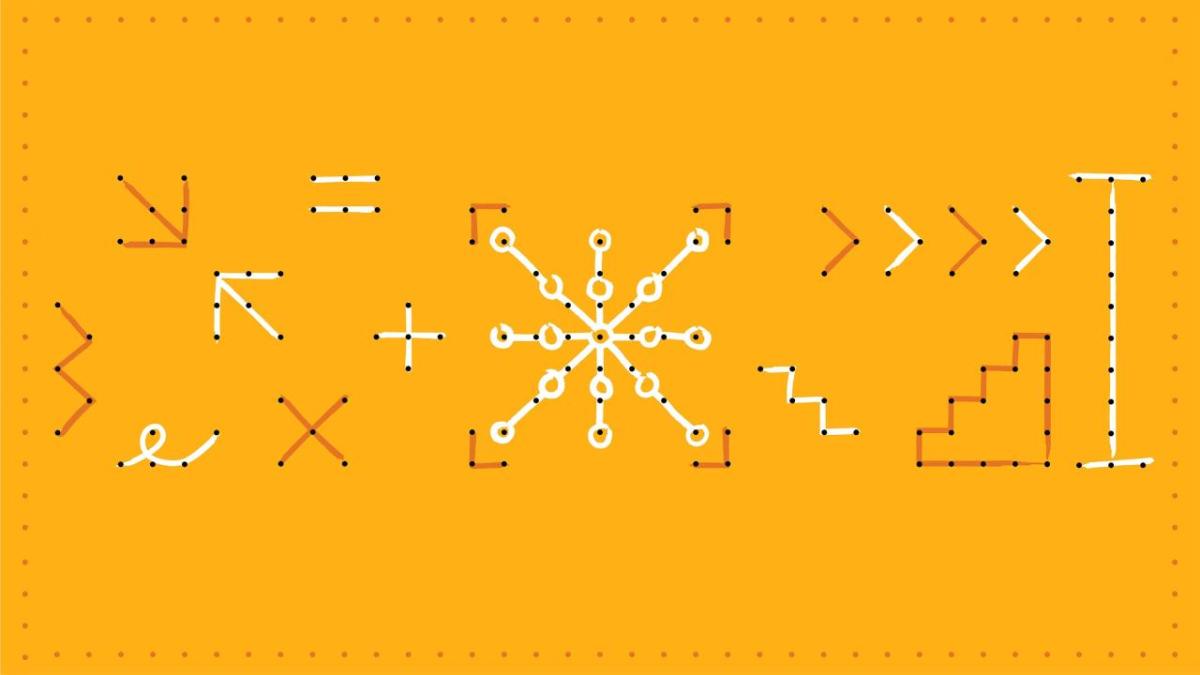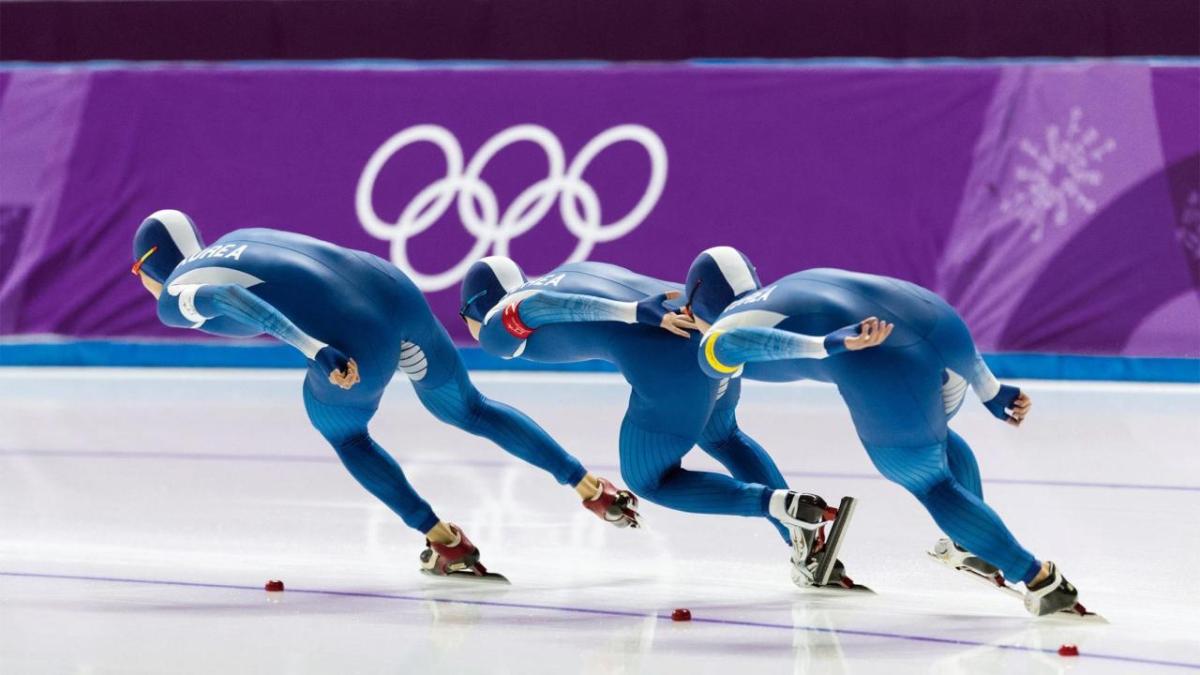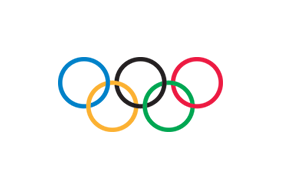IOC Marks Safe Sport Day With Two New Athlete Safeguarding Courses
Published 08-18-23
Submitted by International Olympic Committee

International Olympic Committee news
To mark Safe Sport Day on 8 August, the International Olympic Committee (IOC) has launched two new online courses aimed at protecting the safety and well-being of athletes.
The move aligns with the IOC's continued commitment to fostering a sporting environment that is respectful, equitable and free from all forms of harassment and abuse.
The two new courses – “Safeguarding Essentials for Young Athletes” and “Safeguarding Essentials for Athlete Allies” (aimed at the members of the athletes’ entourage) – are available on Athlete365 as part of the Winter Youth Olympic Games Gangwon 2024 Readiness Programme for Young Athletes and the Winter Youth Olympic Games Gangwon 2024 Readiness Programme for Athletes’ Entourage Members, respectively.
The courses are offered in 10 languages (English, French, Spanish, German, Russian, Chinese, Japanese, Korean, Italian and Arabic) and aim to educate both athletes and members of their entourage about the various forms of harassment and abuse, how to recognise them, ways to prevent these behaviours and how to respond to concerns.
"Safeguarding Essentials for Young Athletes" comprises an introduction to an athlete's rights and responsibilities, enhanced by real-life scenarios that explore issues like emotional abuse, neglect, hazing, cyberbullying and sexual harassment. It aims to inform young athletes about the different forms of harassment and abuse, how anyone can be a perpetrator or victim, that unwanted or disrespectful behaviour does not need to be accepted, and how they can seek help if needed.
"Safeguarding Essentials for Athlete Allies" caters to the members of an athlete's entourage, who can play a significant role in ensuring a safe sporting environment. The course focuses on the importance of safeguarding, how to identify signs of abuse, appropriate actions if entourage members witness or suspect abuse, and how to promote physical and mental well-being among athletes.

A commitment to the well-being of athletes
With the launch of these two new courses, the IOC reaffirms its commitment to athlete safety, promoting a culture of respect and equality in the sporting world that allows athletes to focus on achieving their sporting goals and dreams.
The IOC’s firm belief that harassment and abuse have no place in sport or society has led to the development of several programmes and initiatives to safeguard athletes. This includes Games-time frameworks that ensure safeguarding officers are available at all Olympic Games and mechanisms to prevent and respond to any concerns.
Other notable steps include the creation of the IOC Athlete Safeguarding Toolkit, which provides a step-by-step guide focused on helping sports organisations develop athlete-safeguarding policies and procedures, and the launch of the IOC Certificate: Safeguarding Officer in Sport – the first programme of its kind – which has already trained 165 students across 66 countries in its first two editions.
Most recently, the IOC announced the creation of a fund of USD 10 million per Olympiad to strengthen the prevention of and response to harassment and abuse in sport at local level.
These latest initiatives form part of the IOC's commitment to protect the safety and well-being of athletes, as outlined in Olympic Agenda 2020+5, specifically Recommendation 5, which emphasises the need to "further strengthen safe sport/safeguarding across the Olympic Movement to protect the physical and mental well-being of athletes".
Safe sport is also one of the five focus areas of the IOC’s Gender Equality and Inclusion Objectives for 2021-2024, while the IOC continues to promote the value of safe, accessible and sustainable sports organisations as part of its Olympism365 strategy.

International Olympic Committee
International Olympic Committee
The International Olympic Committee (IOC) is a not-for-profit independent international organisation that is committed to building a better world through sport. It redistributes more than 90 per cent of its income to the wider sporting movement, which means that every day the equivalent of USD 3.4 million goes to help athletes and sports organisations at all levels around the world.
As the leader of the Olympic Movement, the IOC acts as a catalyst for collaboration between all parties of the Olympic family, from the National Olympic Committees (NOCs), the International Sports Federations (IFs), the athletes and the Organising Committees for the Olympic Games (OCOGs) to the Worldwide Olympic Partners, broadcast partners and United Nations (UN) agencies, and shepherds success through a wide range of programmes and projects. On this basis, it ensures the regular celebration of the Olympic Games, supports all affiliated member organisations of the Olympic Movement and strongly encourages, by appropriate means, the promotion of the Olympic values.
More from International Olympic Committee

